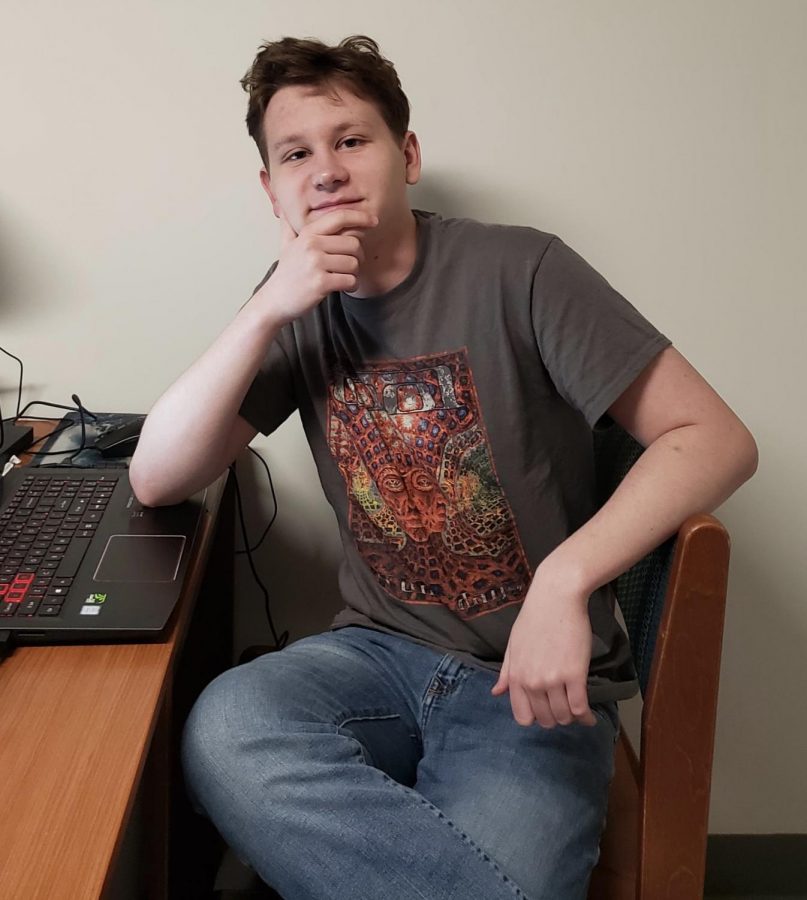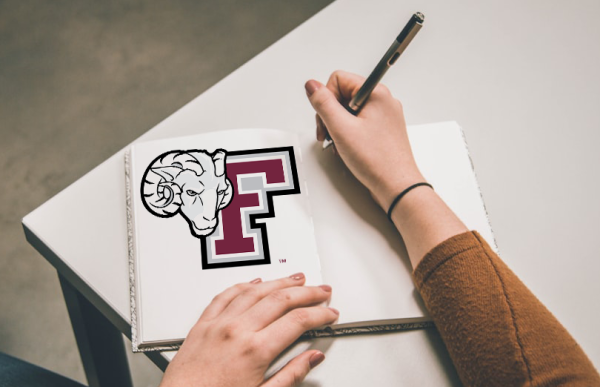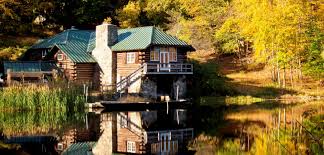Student Researches Trends in Political Party Building
Christian Decker researched trends in political party growth over the last one hundred years. (Courtesy of Christian Decker)
Christian Decker, FCRH ’21, spends his time reviewing newspaper articles that report about the Democratic National Committee and the changes the party has faced over time. Decker is a research assistant for Professor Boris Heersink, an assistant professor in the political science department.
Heersink’s project looks for trends in party building and party reduction, especially to see whether or not party building goes up during election years and down when the president is already in office.
Decker’s role is to look at newspaper articles from roughly around 1917 to 2014 about the Democratic National Committee (DNC).
Decker said he originally researched both the DNC and the Republican National Committee (RNC), but Professor Heersink brought in another research assistant who focuses more on the RNC. They then put everything that came up into a drop box and begin sorting them as relevant and not relevant.
“We’re mostly focusing on different activities they were engaging in, so whether or not someone was like ‘on behalf of the party’ or the DNC chairs themselves,” he said.
He said one of the big events they sorted was when they established the Democratic advising committee in the 1940s and 50s. That committee planned out Democratic policy changes, said Decker.
“It’s been interesting to see the changes from hard news organizations over time,” said Decker.
Once they determine which articles are relevant or not, they go back and code them by topic, date and whether or not it’s about the DNC or RNC, he said.
Decker said in general, the parties seem to follow the trend of building during election years.
Decker said he has been working on this project for two years. He said he was taking a class with Professor Heersink, who reached out asking if he wanted to work on the project.
He said he thinks the project is in a good spot, but couldn’t say how long the project will keep going. He plans on working on it for as long as he can.
“I’m just fascinated by everything with politics,” he said. “And you get to read a lot of interesting articles. Sometimes over the course of the work you might not find an article that’s relevant, but there’s interesting stuff in there.”
Decker said he had the opportunity to learn a lot about how party organizations work and why they operate the way they do. He gets to learn whether or not they actually have an effect on the presidential election process. He also gets to learn about a lot of people you don’t learn about in history class, he said.
“You learn about the presidents, but you don’t learn about the people behind them,” said Decker.
He said he thinks this research is important because it looks at how parties ran in the past and whether or not that affects presidential elections. It analyzes how people today are using those same strategies, and how that affects us.
“Politics affects all of us whether or not we choose to pay attention to it,” said Decker. “So learning about the process and how it works and whether or not it does have an effect on our choice is important because a lot of the times these are how they pick the nominees or how they choose to brand themselves.”
Decker said he thinks it’s important that we understand how parties work so we can make more informed choices about who we want to be in charge of the country.












































































































































































































